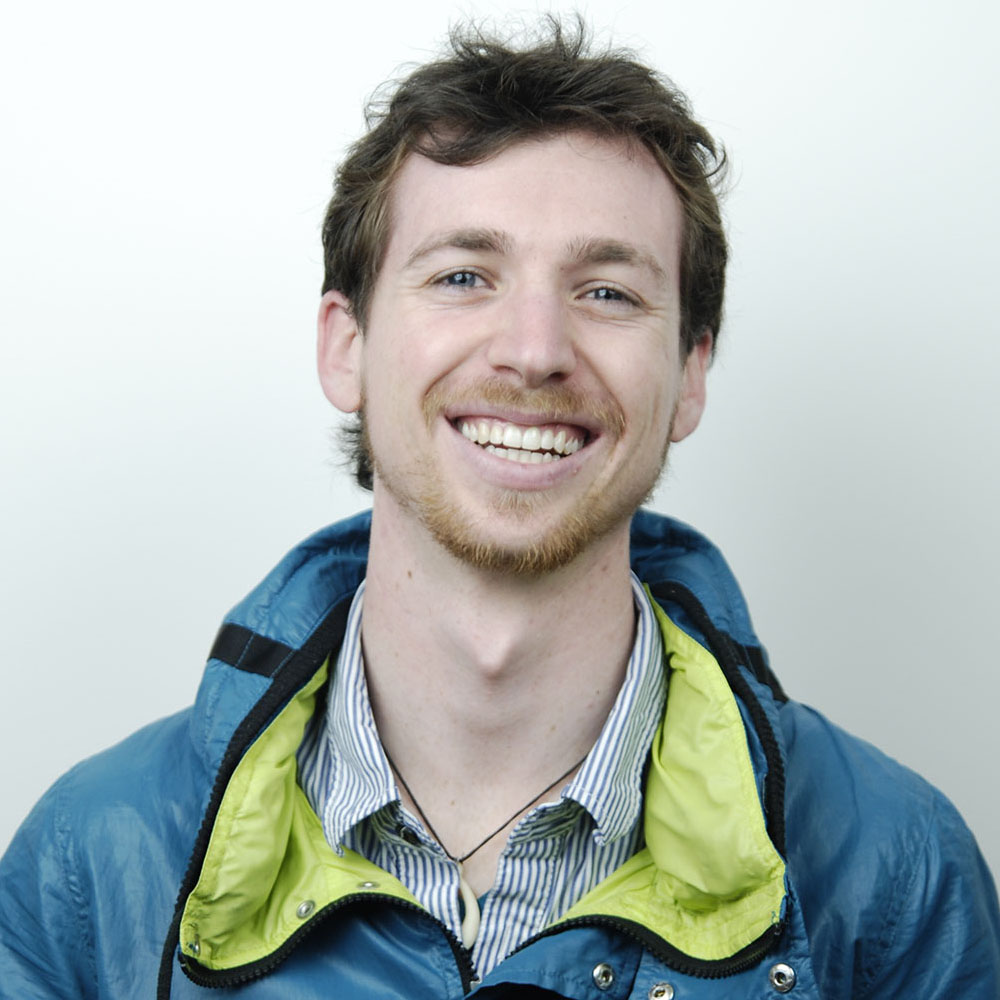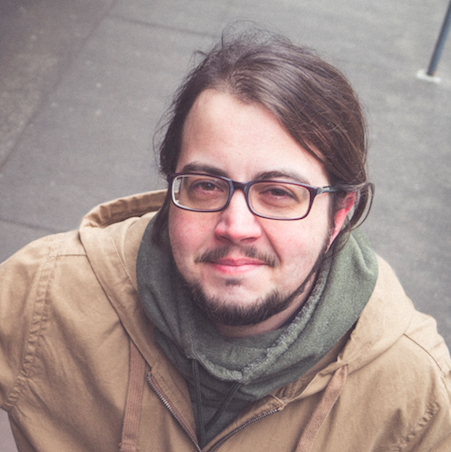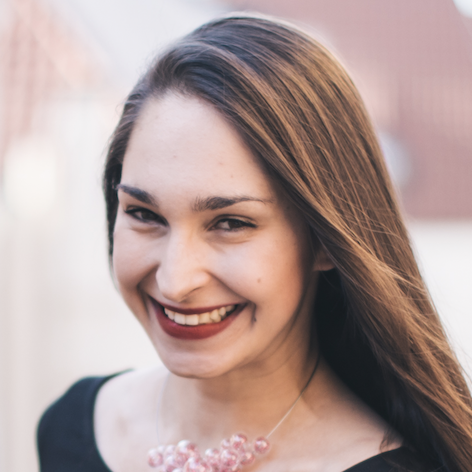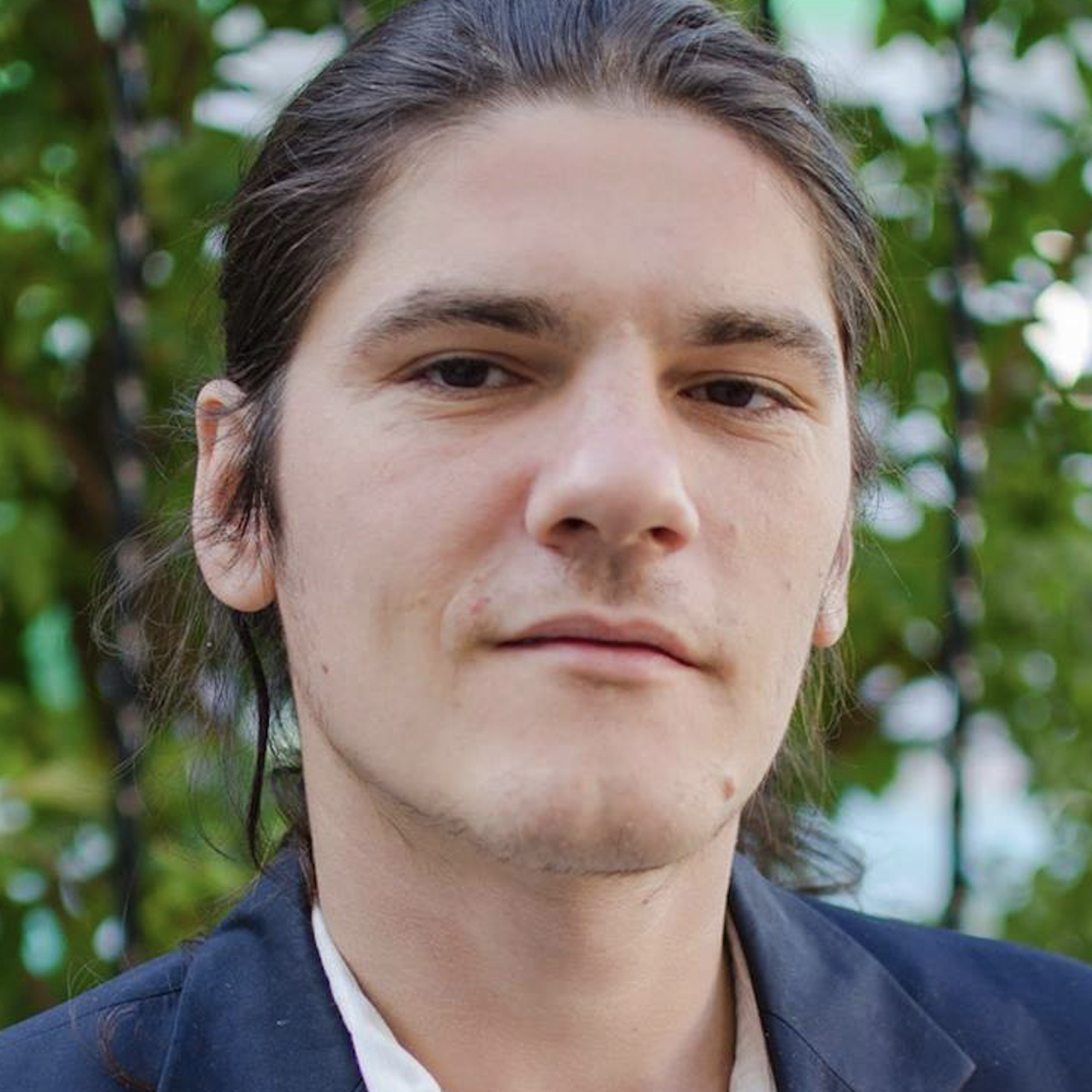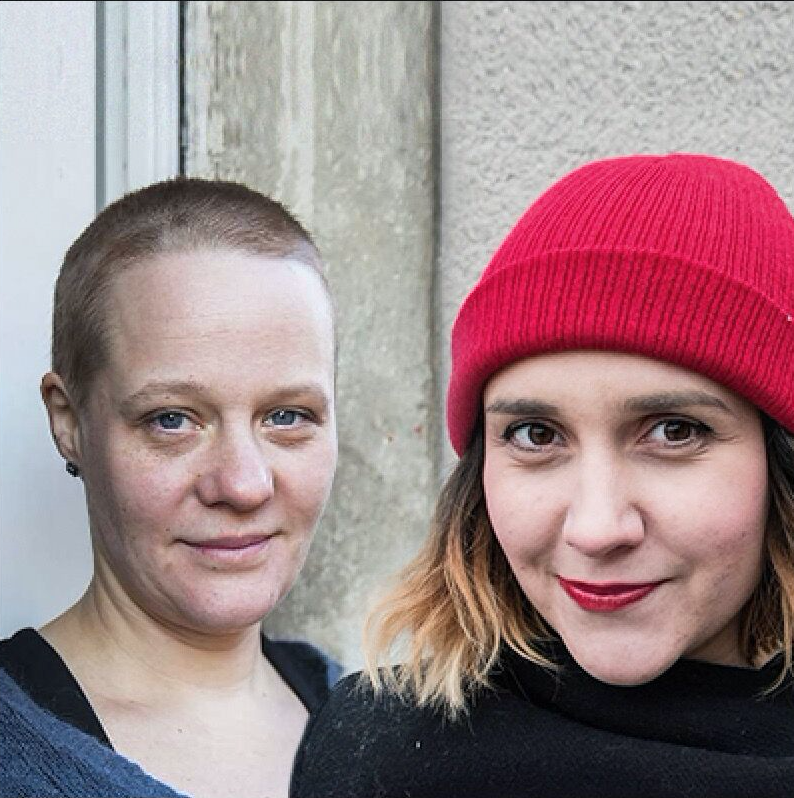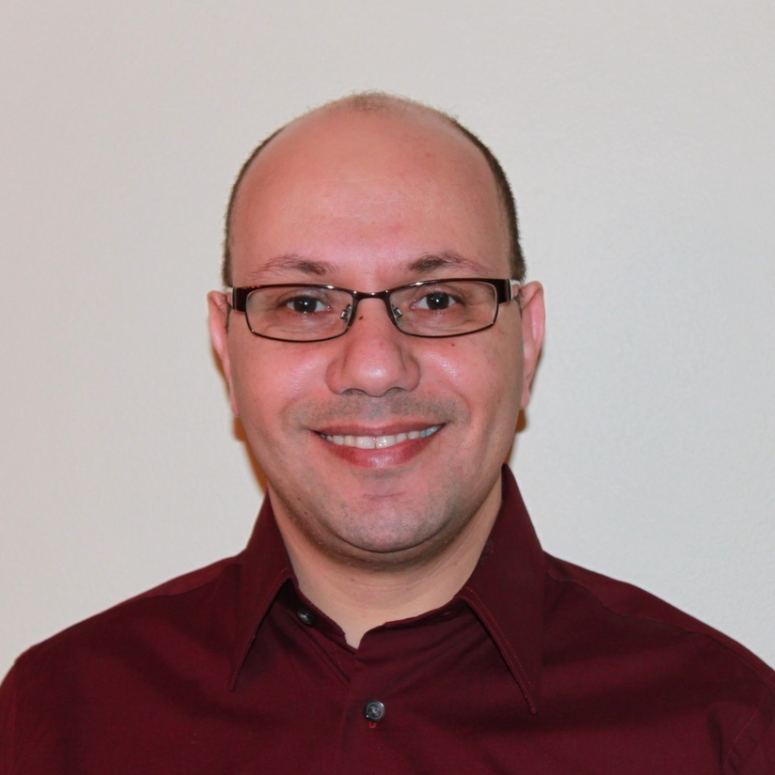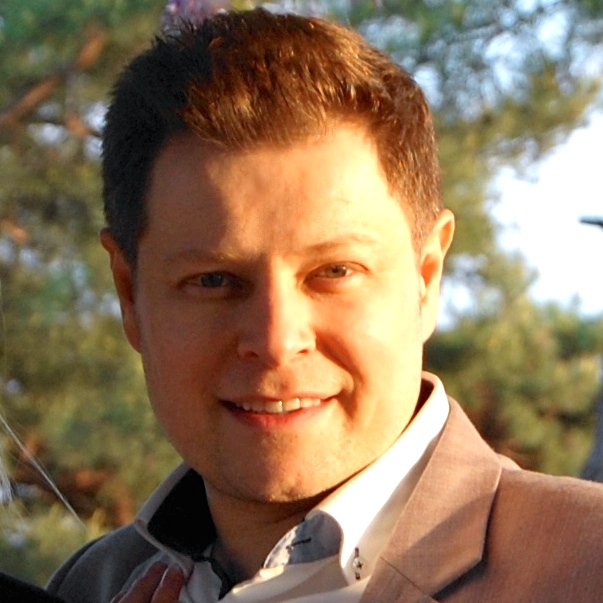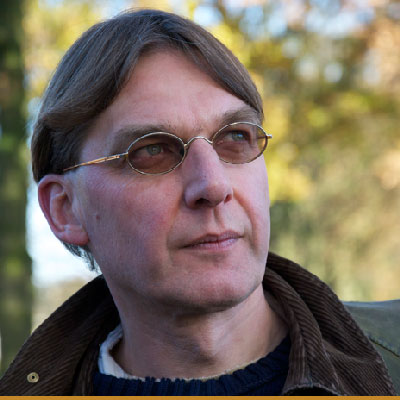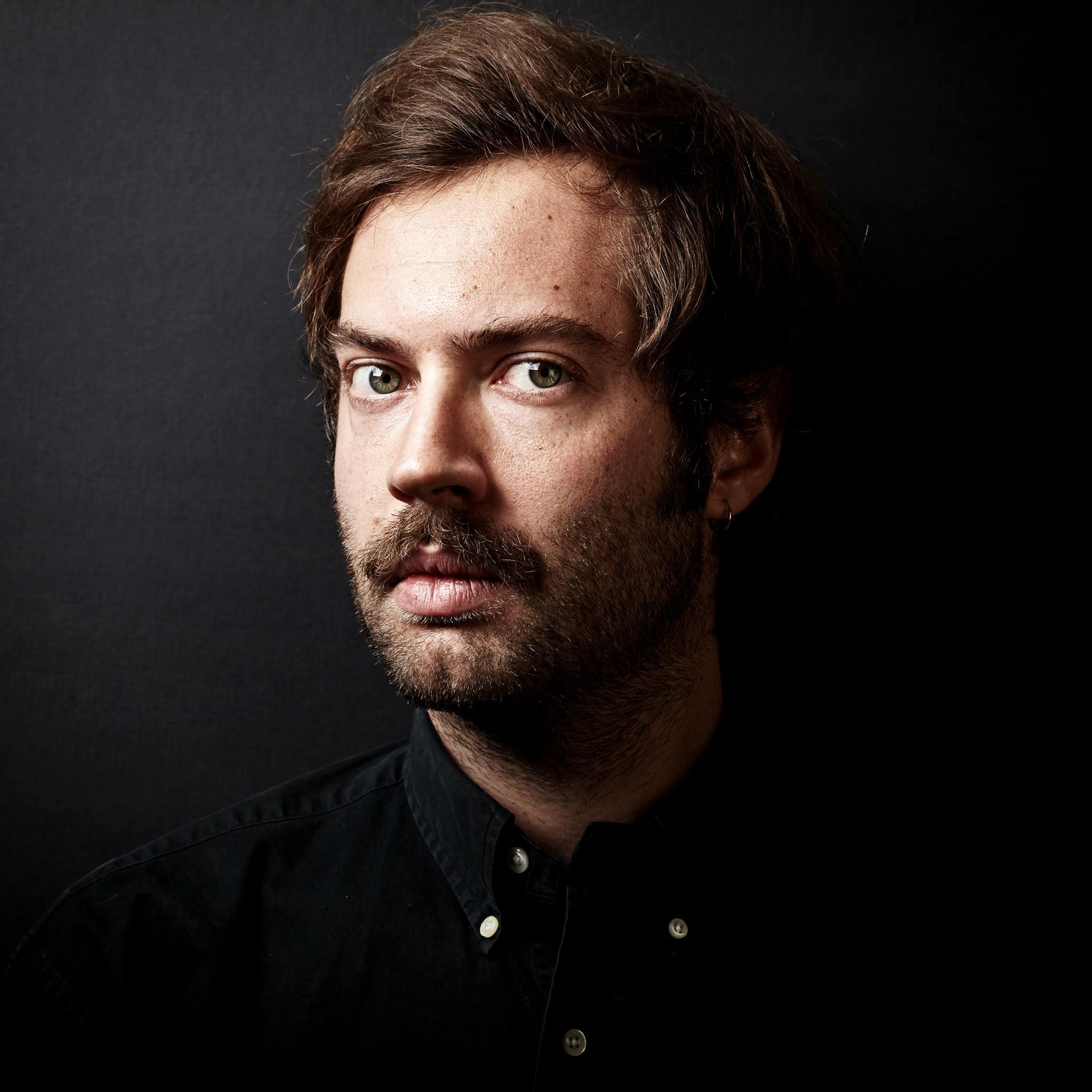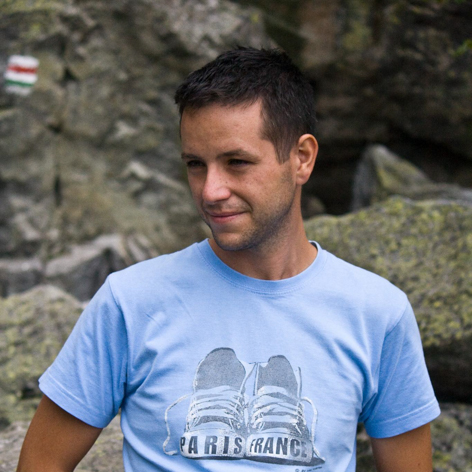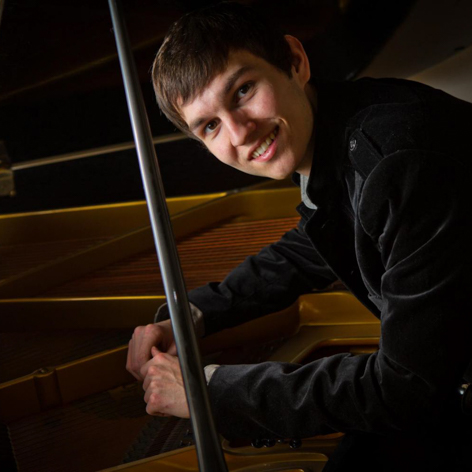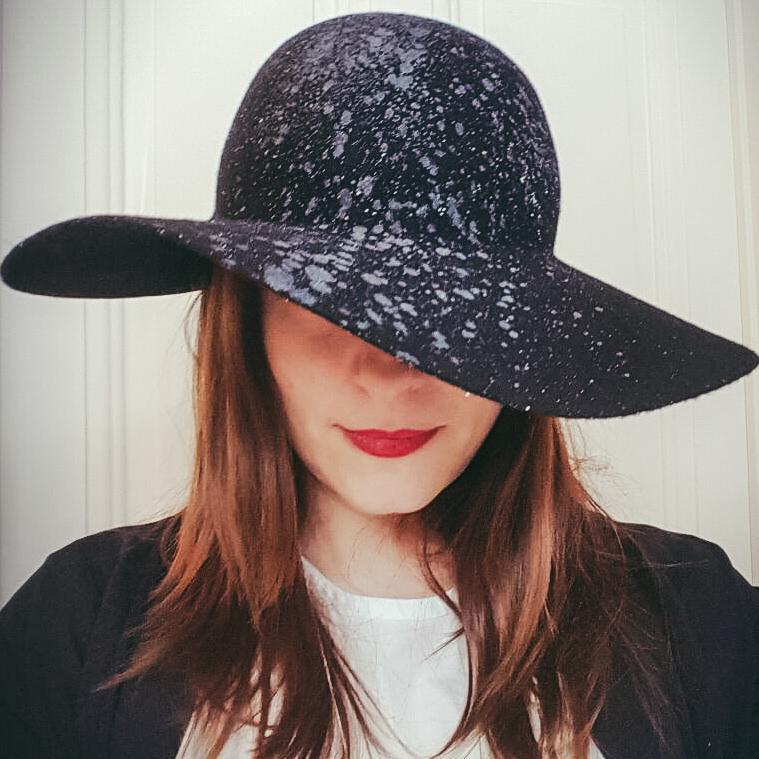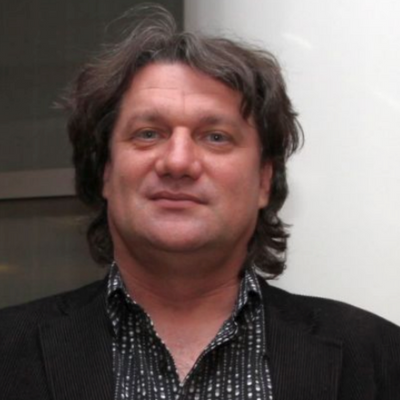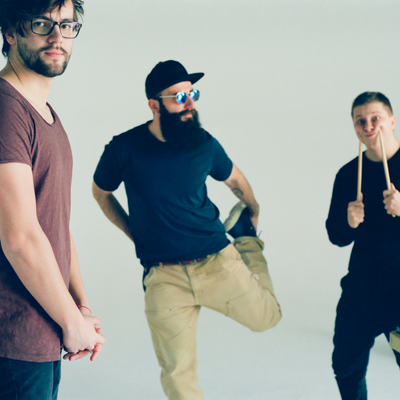Jonathan Bobrow
designer & technologist
Jonathan Bobrow is an award winning designer and technologist at the forefront of digital interfaces and hands-on play. He’s an alumnus of the MIT Media Lab Playful Systems group and UCLA Design | Media Arts, CEO and co-founder of design and game studio, Move38. Move38 builds curious objects such as Blinks, a board game system with a mind of its own. Blinks are a phygital game system and open platform for hands-on play with complex systems and emergent behavior. Move38 hopes to raise a generation of system thinkers.
Why we invited him?
Jonathan designs hands-on games in era of online world, which can really take a person out of web reality. These games offer not only good amusement for calm evening with friends, but also carry a deeper mission. The game has a potential to influence a mind of a person. It can provide better understanding of various economic topics or provide a solution to tasks from common life. Jonathan wants to create a generation of system thinkers. The life is more fun when you play games. (Nikoleta Moravcová)



